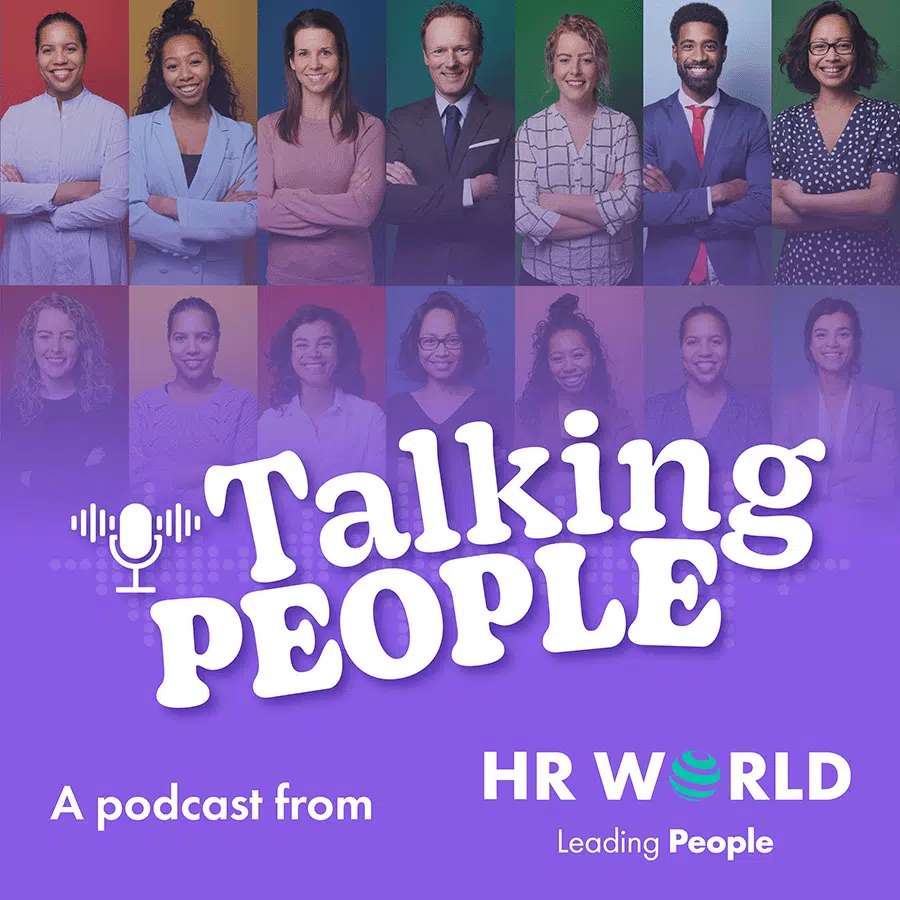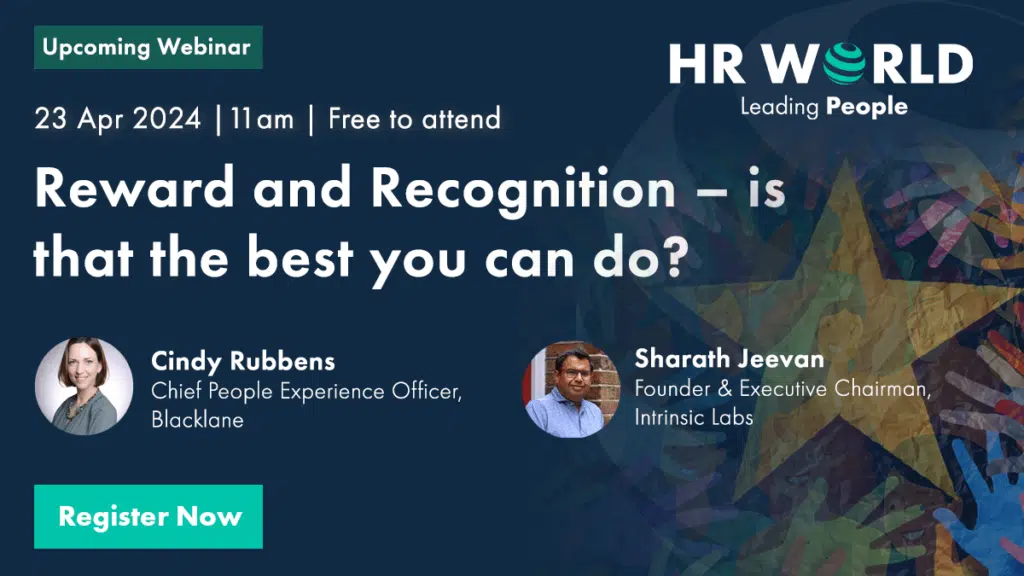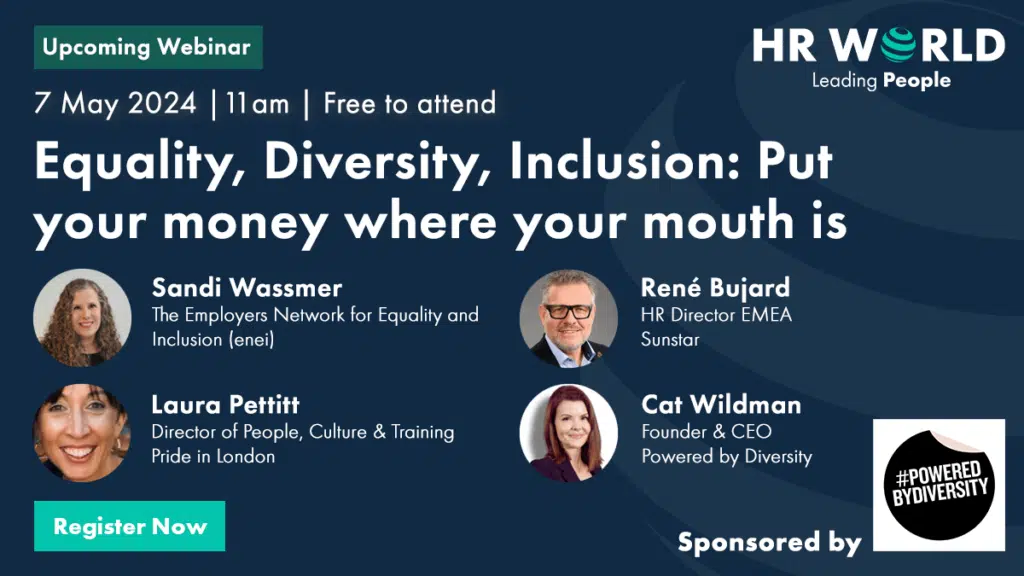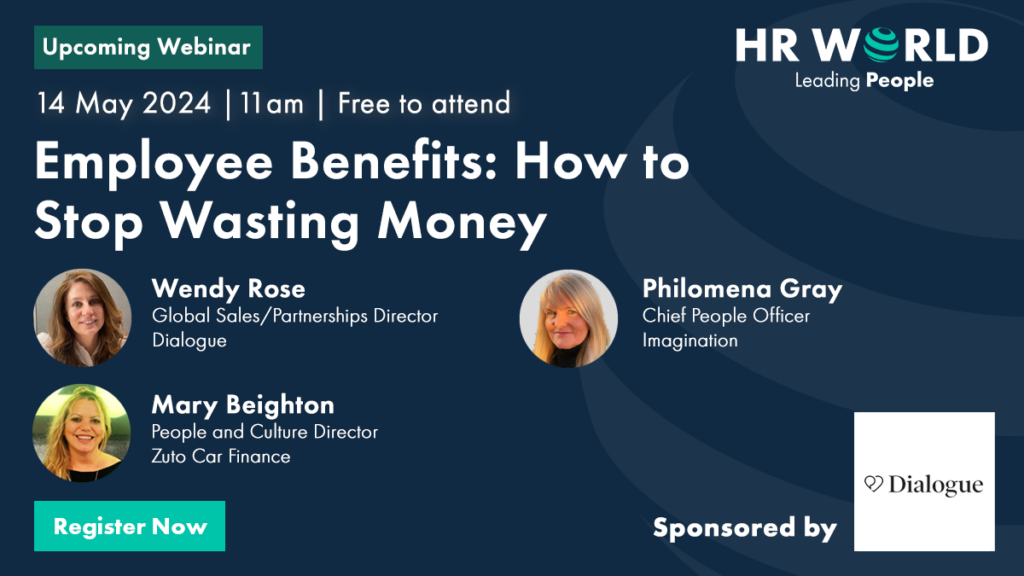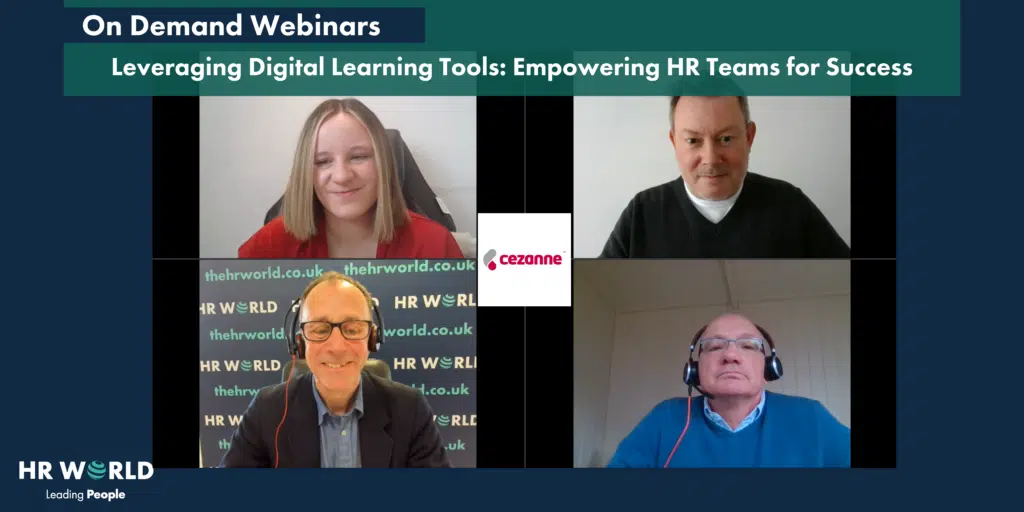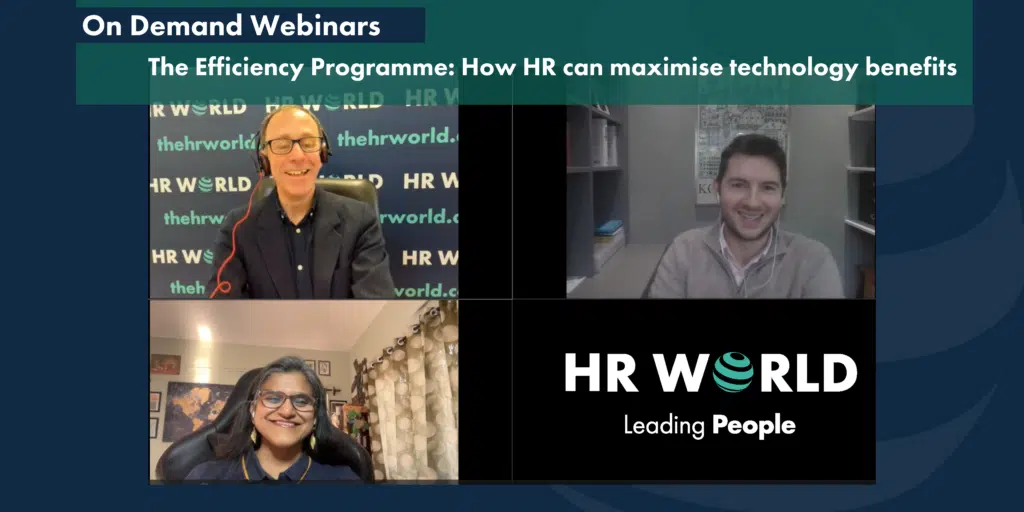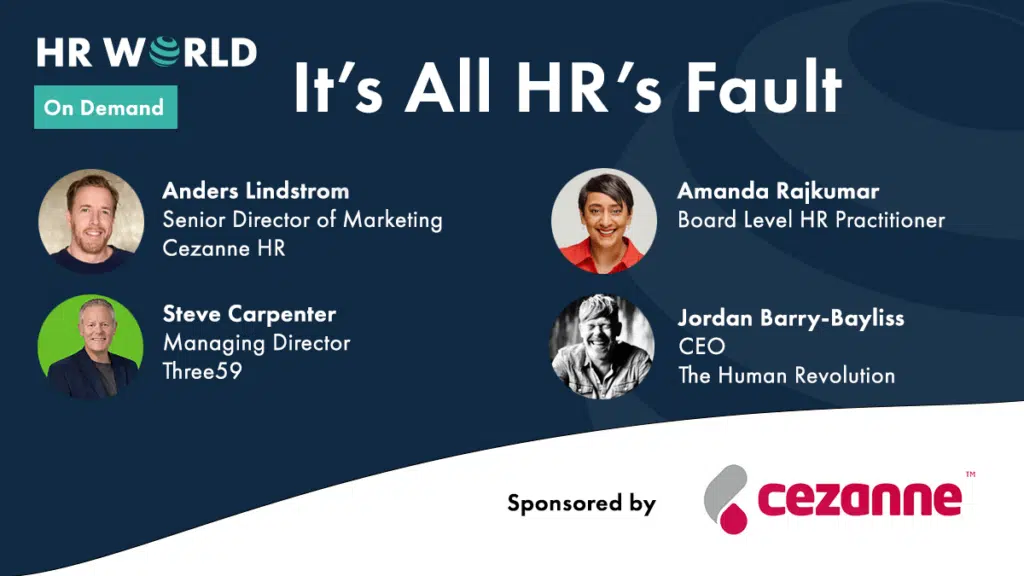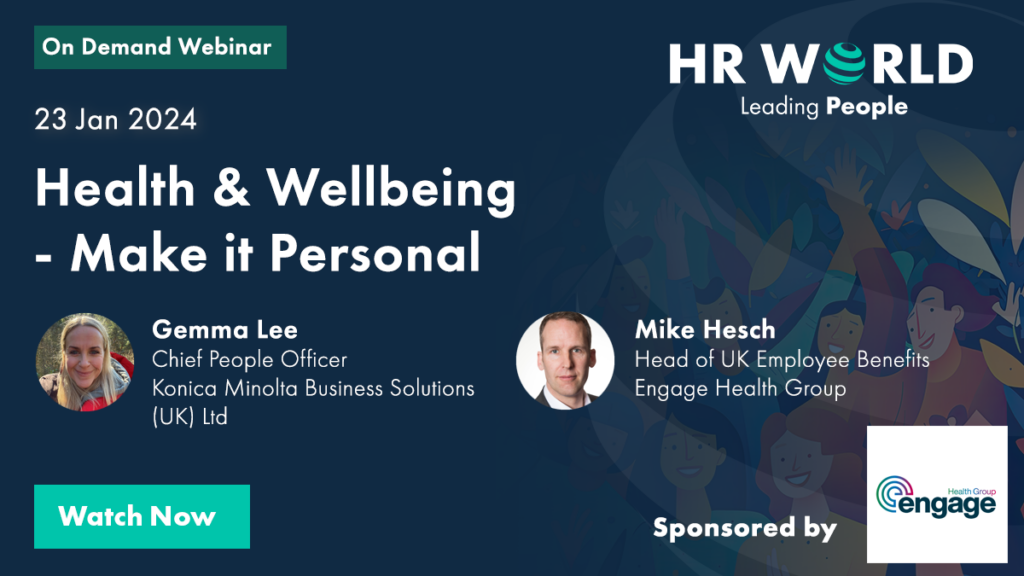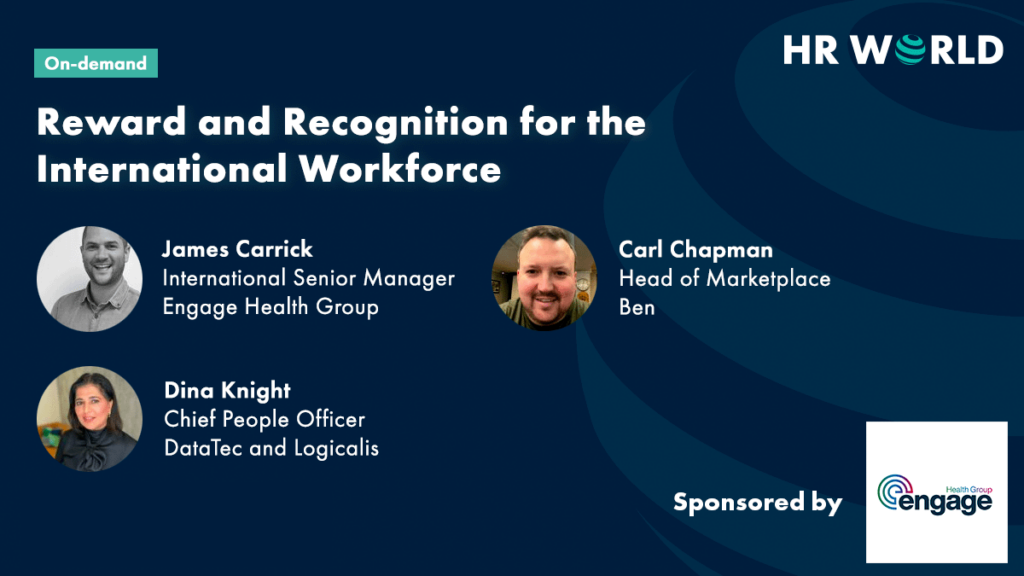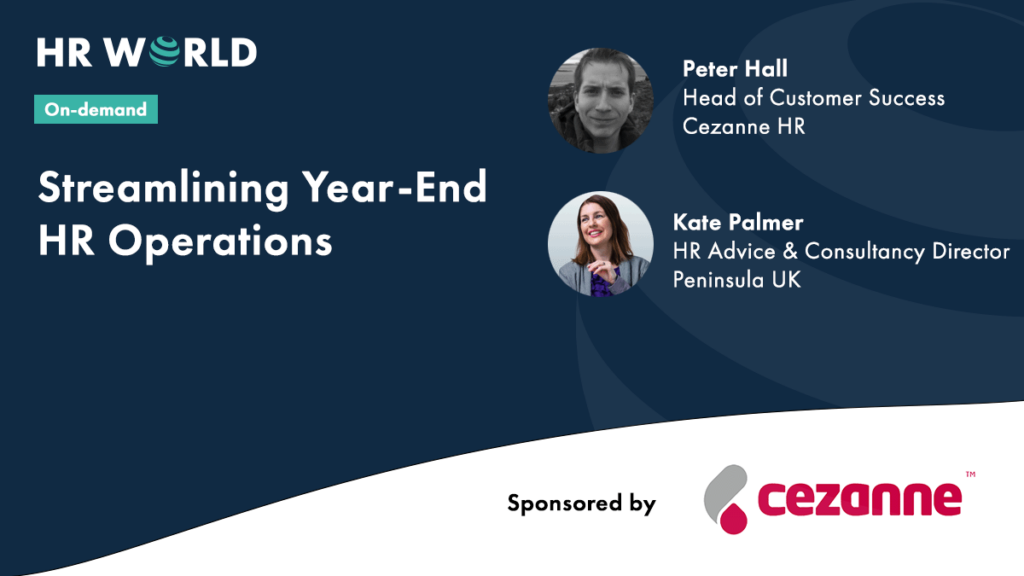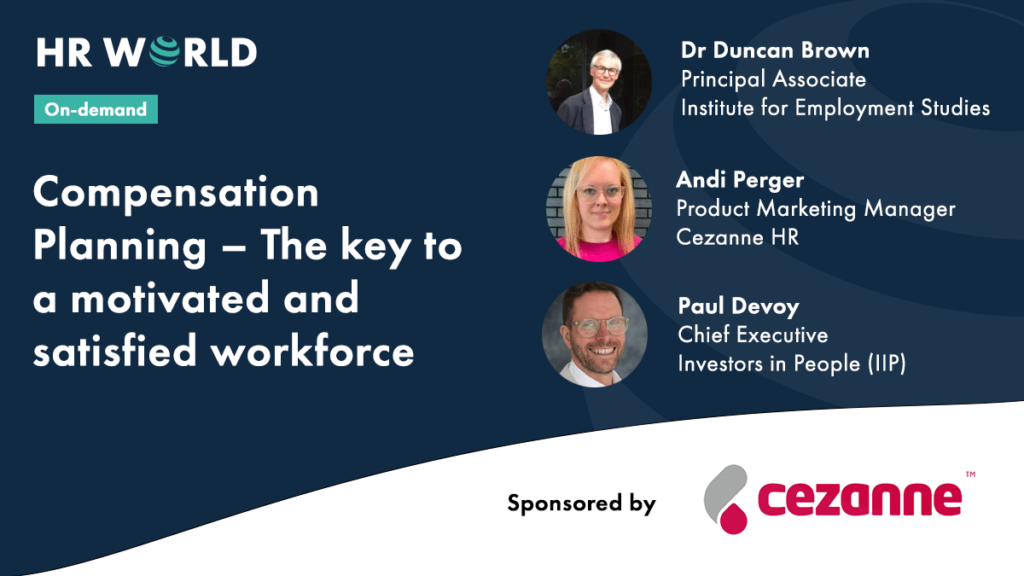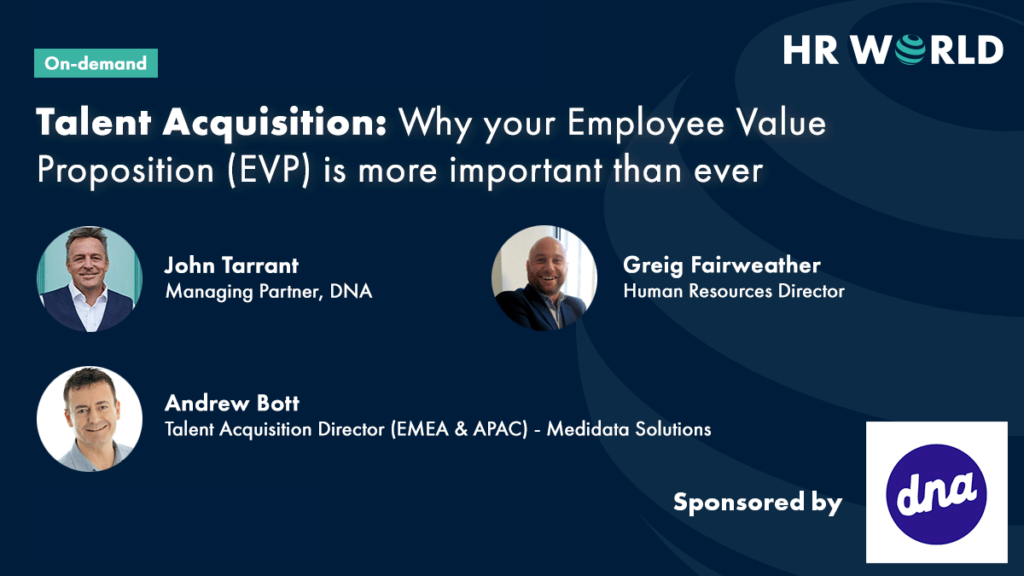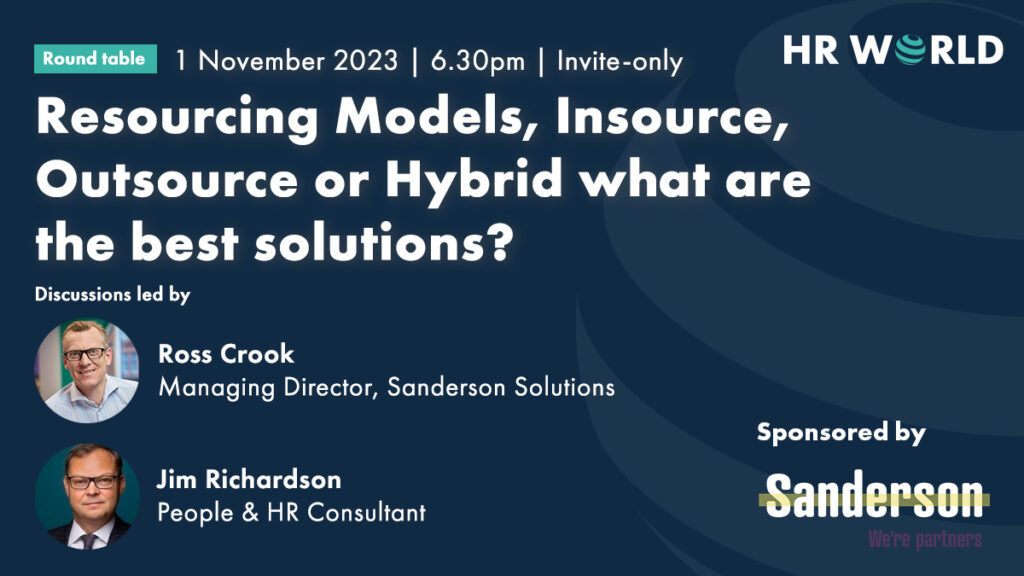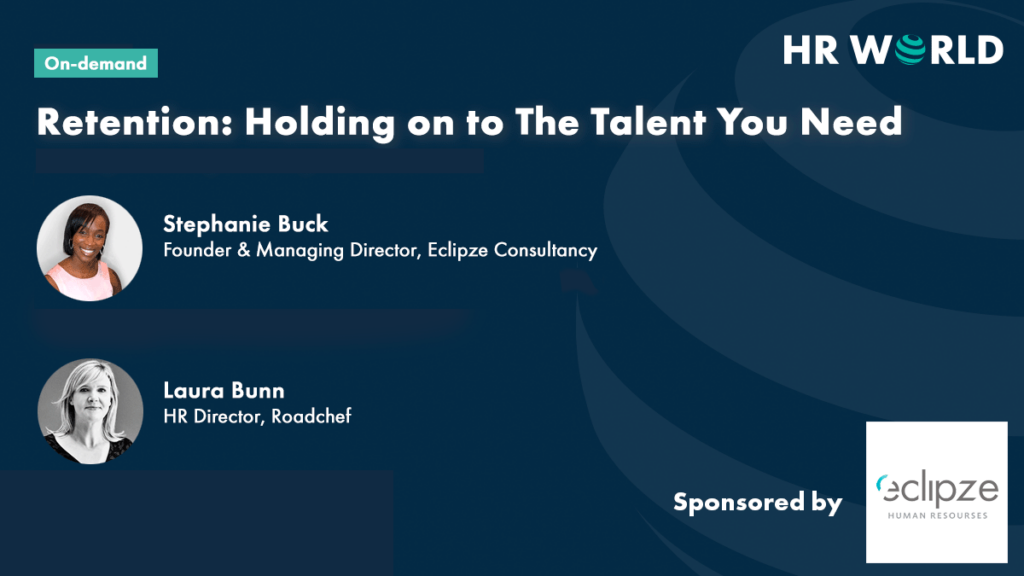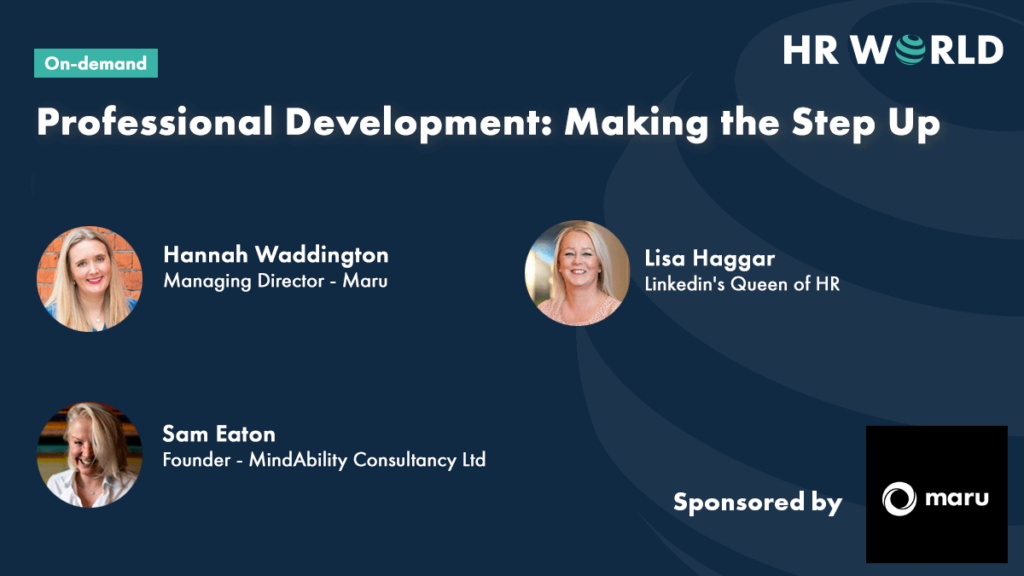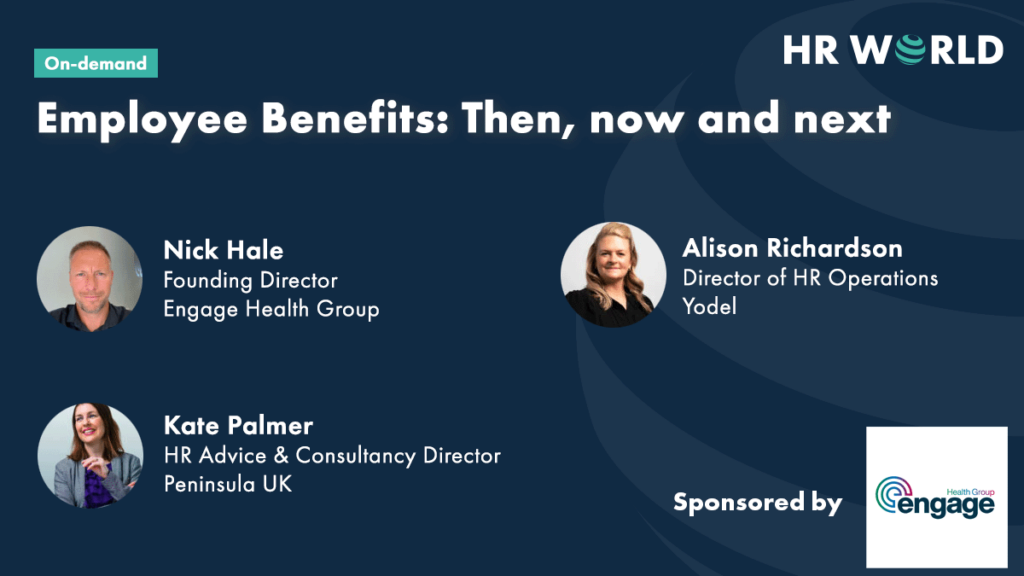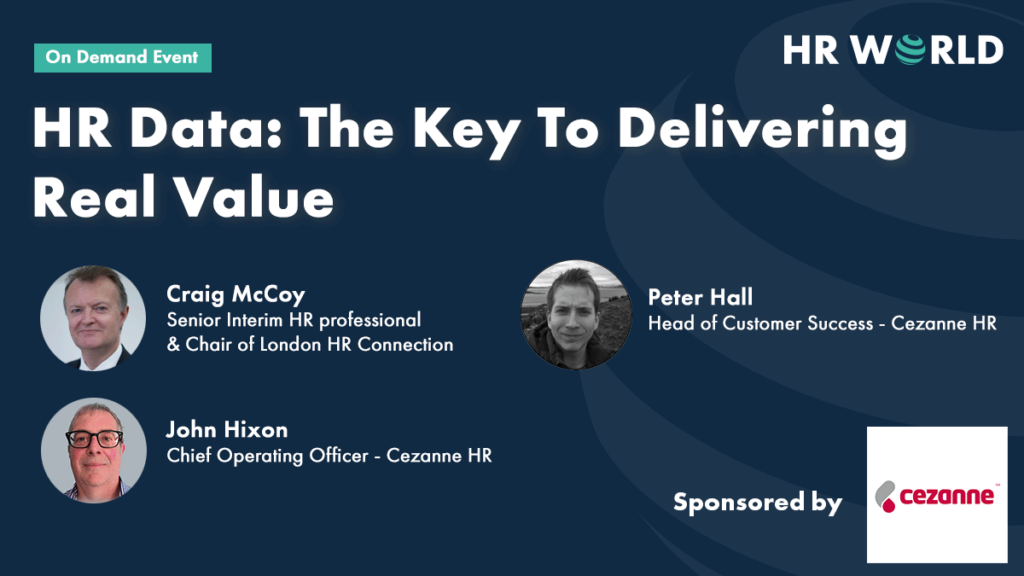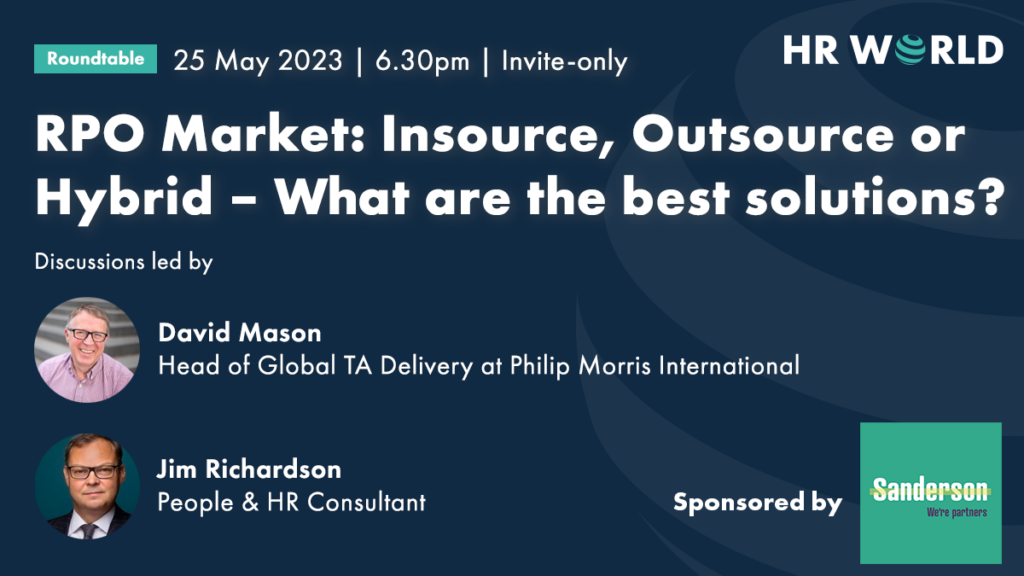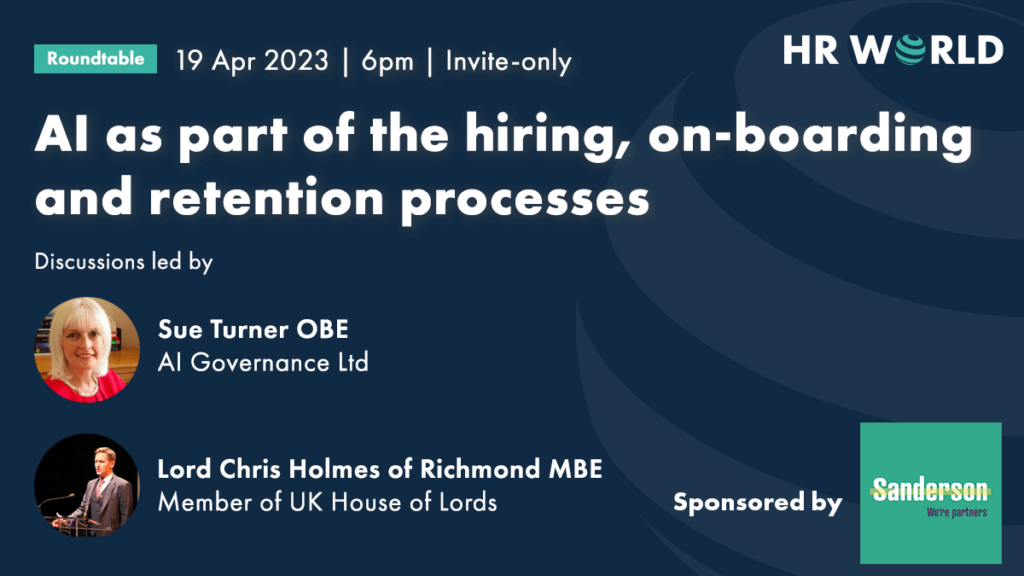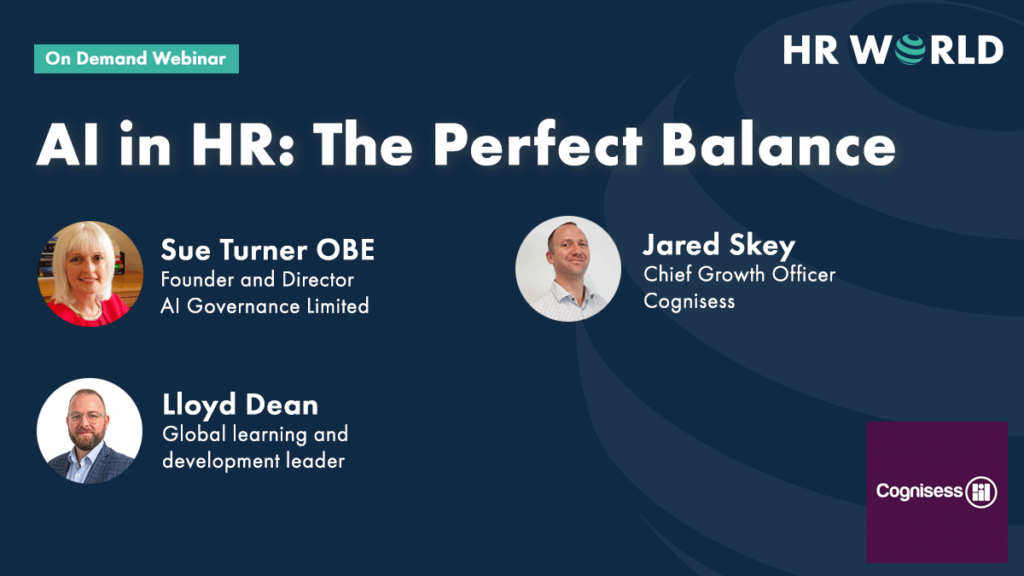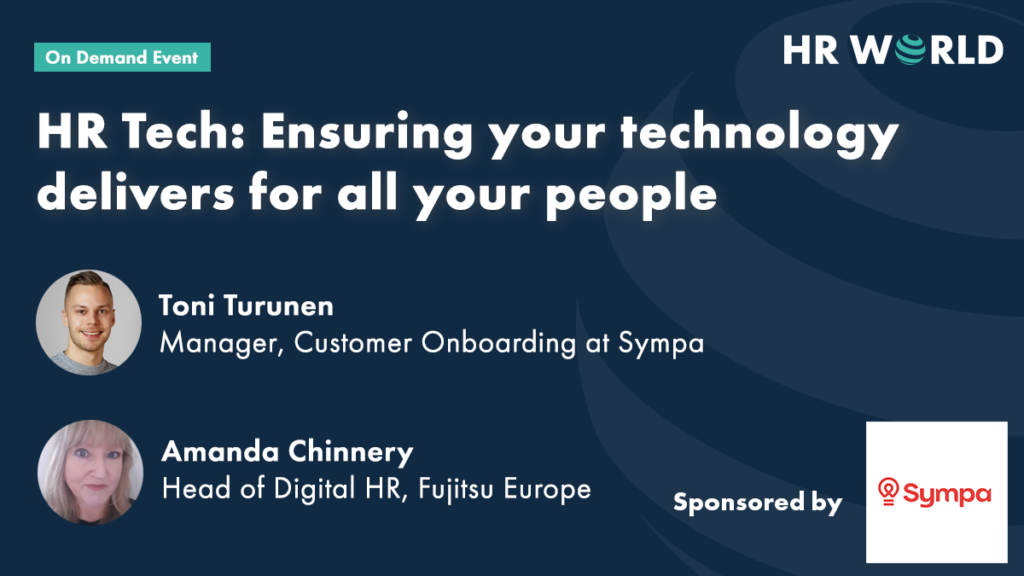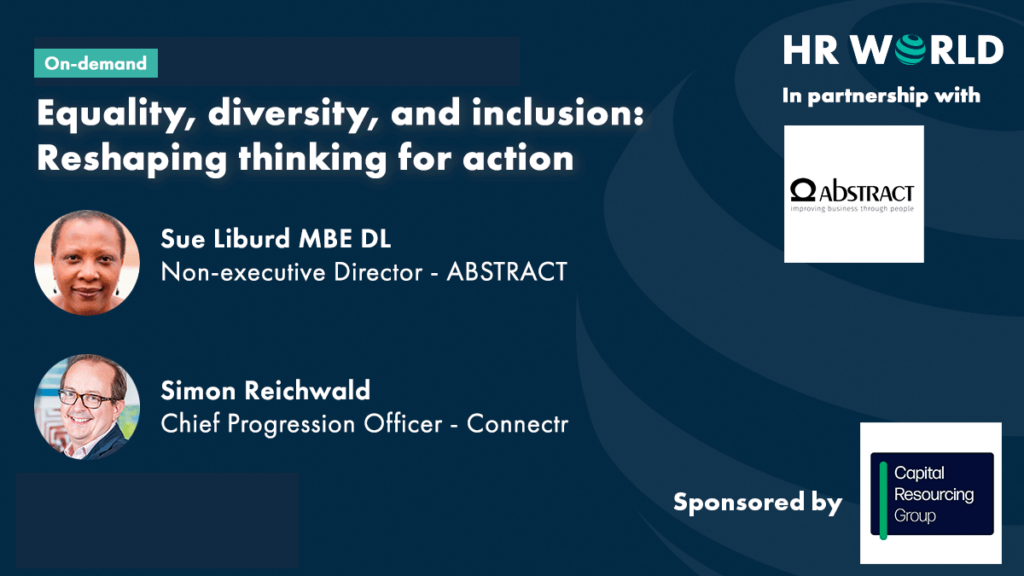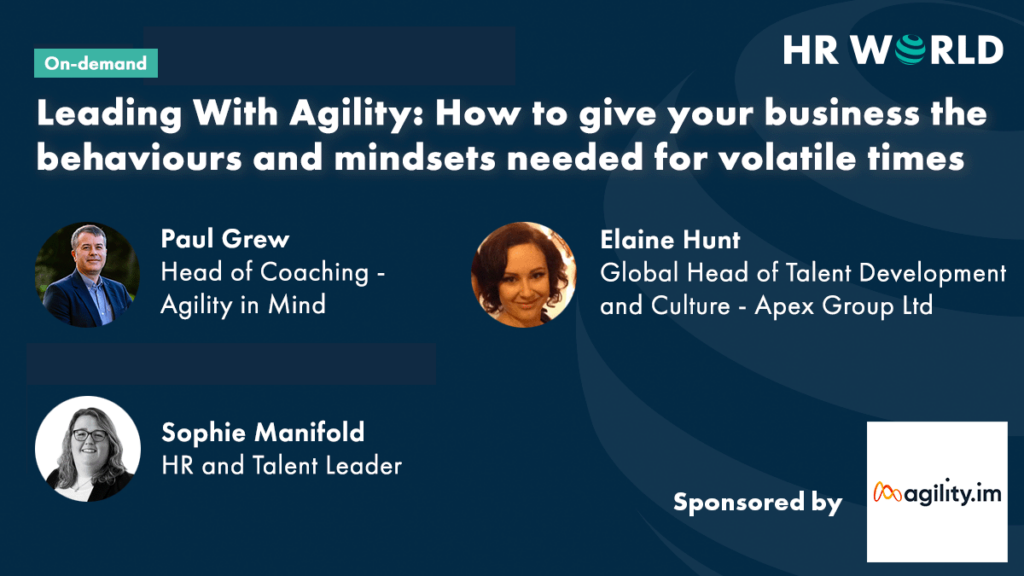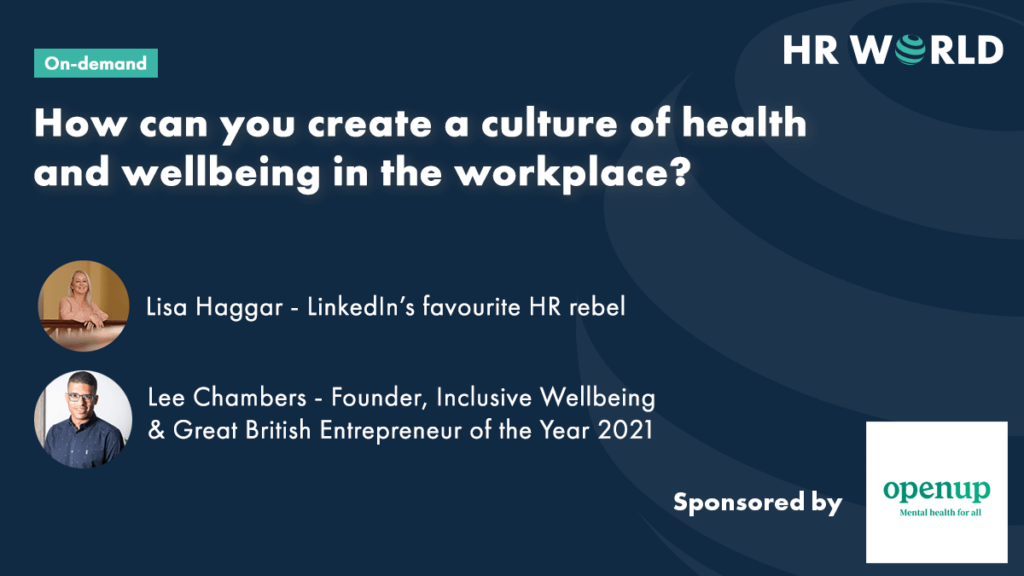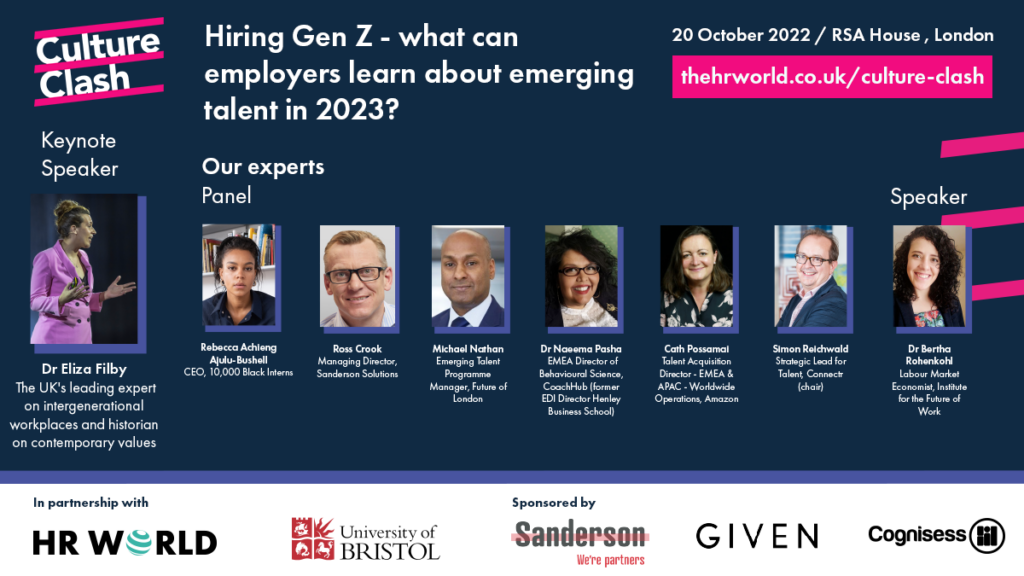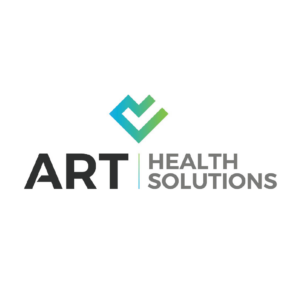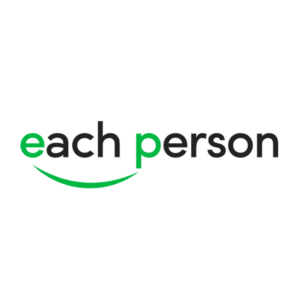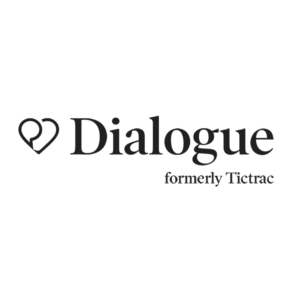Home » Knowledge Hub » Health and Wellbeing, HR Strategy, Workplace Culture » Is a burnout pandemic about to be take hold?
Is a burnout pandemic about to be take hold?
12 May 2021 Health and Wellbeing HR Strategy Workplace Culture

Mental Health Awareness Week has shone a light on the major issues facing the workforce not just in the UK, but globally, as we all come to terms with working life following the past 14 months.
When it comes to work, the term ‘burnout’, which was first coined by Herbert Freudenberger, an American psychologist in 1974, is the most common form of total breakdown due to overwhelm as part of your professional life.
However, it was not until May 2019 that it was officially classified as a disease by the World Health Organisation and added to the International Classification of Diseases (ICD). It is due to become globally recognized in 2022, giving healthcare providers and insurers precedent to acknowledge, treat and cover symptoms of ‘burnout‘.
In fact, the World Health Organisation describes burn-out as “chronic workplace stress that has not been successfully managed” along with three defining symptoms:
- Feelings of energy depletion or exhaustion
- Increased mental distance from one’s job, or feelings of negativism or cynicism related to one’s job
- Reduced professional efficacy
Depression and anxiety
During the pandemic, this was experienced in a new way – almost universally – where people felt the impact of overwhelm as we all tried to keep up with the changes experienced through lockdown.
Burnout has had several moments ‘in the sun’, whether it was the fast-paced sales world of the 80s, in the drug addled creatives of the 90s or high finance of the 2000s, it is regularly identified alongside some of the more glamorous white collar jobs.
However, it can happen to anyone at any time. Research from the Labour Force Survey in 2019-2020 shows that the stats speak for themselves with 17.9 million working days lost due to work-related stress, depression or anxiety during that year.
The total number of cases of work-related stress, depression or anxiety in 2019/20 was 828,000, a prevalence rate of 2,440 per 100,000 workers. This was statistically significantly higher than the previous period.
This seems also to have been a major issue among those who worked from home during the pandemic, with a global survey from Lloyd’s Register of 5,500 employees uncovering higher levels of stress and staff withholding mental health conditions for fear of a negative impact on career progression.
Seven in 10 (69%) employees globally reported higher levels of work-related stress while working from home, driven by increased workloads and changed to working patterns to meet resource demands.
Work-life imbalance
Priory Consultant Psychiatrist Dr Natasha Bijlani, based at Priory’s Roehampton Hospital in south-west London said: “Burnout refers specifically to the occupational context and should not be applied to describe experiences in other areas of life. It is different from other types of adjustment disorder, disorders specifically associated with stress, anxiety or fear-related disorders, and mood disorders – all of which have their own classifications.
“It can be the result of various factors including work-life imbalance, extremes of activity, particularly in monotonous or chaotic jobs, if there are dysfunctional dynamics within the workplace, unclear job expectations leading to a lack of control as a result, as well as lack of social support, and feeling isolated at work and perhaps in one’s personal life as well.”
So, as the working world opens back up and we start to see the emergence of more normal ways of working, how can we take the opportunity to do things differently?
Nick Matthews, general manager and vice president EMEA, Culture Amp says: “While people leaders have been at the heart of the corporate pandemic response, keeping business teams running, we still have to accept that last year was one long corporate trauma that, even now, we haven’t fully addressed or know where it will truly lead.
“People leaders are having to rethink how they can engage with individual employees, teams and line managers to help their organisation regroup, while they are at risk of burnout themselves.
“Organisations need to validate and strengthen their core culture, with HR supporting social connections with smarter communications, rebuilding trust and inclusion by finding innovative ways to listen and respond to people under stress in real-time.”
HR leaders
Rick Kershaw, Senior HR Director at Peakon, a Workday company, said: “HR teams are increasingly turning to technology to help them understand how employees are thinking and feeling.
“By regularly asking employees the right questions via confidential surveys, and listening to their responses, HR leaders have been able to spot the signs of burnout and take decisive action before it manifests.
“As organisations return to something like ‘normality’, it’s crucial that teams either maintain or adopt this practice. After a year of working remotely for some, or difficult working conditions for others, people may feel anxious about what’s next. With the right technology, HR leaders can spot potential problems, and solve them fast.”
Kayleigh Frost, Head of Clinical Support at Health Assured said: “For employers, burnout can come at a considerable financial cost, as a drop in productivity and work quality may infringe upon an organisation’s ability to meet customer demand.
“A lack of employee engagement can also occur as a result, which can often negate any efforts to create a positive company culture. This negative atmosphere may lead to an increase in workplace disputes or incidents of insubordination. At the same time, retention rates are likely to worsen with staff seeking a preferable employment situation elsewhere.”
Return to work
The return to work, however, could also cause some people to push even further as fears over money and career progression take hold. The Lloyds Register survey showed that 48% believe disclosing mental health conditions would have a negative impact on career progression.
And one in four said that nothing had been done by their employers to provide additional support in terms of mental health and well-being.
The Delloitte study also showed that Many companies may not be doing enough to minimize burnout: Nearly 70 percent of professionals feel their employers are not doing enough to prevent or alleviate burnout within their organization. 21 percent of respondents say their company does not offer any programs or initiatives to prevent or alleviate burnout.
Kershaw said: “When employees need to take time off to recover from burnout, there can be repercussions for the productivity of many teams, and the overall success of the wider organisation.
“Organisations have a duty of care to their employees. If working at an organisation has negatively impacted an employee in any way, leaders need to try to understand why – and take action. When managers have insight into how individual members of their teams are feeling about their workload at any one time, they can seek to understand what can be done to redress the balance, if necessary.”
People pleasers
However, although the issue has become more prevalent and identified as a problem not everyone will suffer from burnout in their career – so who is most likely to suffer?
According to Dr Biilani: “People who experience burnout at work tend to be ‘people pleasers’, often going out of their way to being ‘everything to everyone’ and probably identify so strongly with their job that they end up blurring the boundaries between work and their personal lives.
“Those with a very high workload and particularly those in the helping professions such as healthcare are more likely to be subject to developing burnout than others. Personality traits such as perfectionism and pessimism can contribute to burnout as well.
“Common signs of burnout include emotional exhaustion, inability to cope and lacking in energy to complete one’s work, with resulting reduced performance, (at work as well as at home), difficulty concentrating and lacking in creativity.
“Those with burnout tend to view their jobs as increasingly frustrating and stressful and may develop cynicism about their colleagues and working conditions, leading to emotionally distancing themselves.
“Healthy functioning requires a balance, including appropriate time for physical activity, adequate sleep, eating a varied, nutritious diet, engaging in relaxing practices such as meditation, mindfulness, yoga or Pilates as well as appropriate socialising and pursuit of hobbies.”


